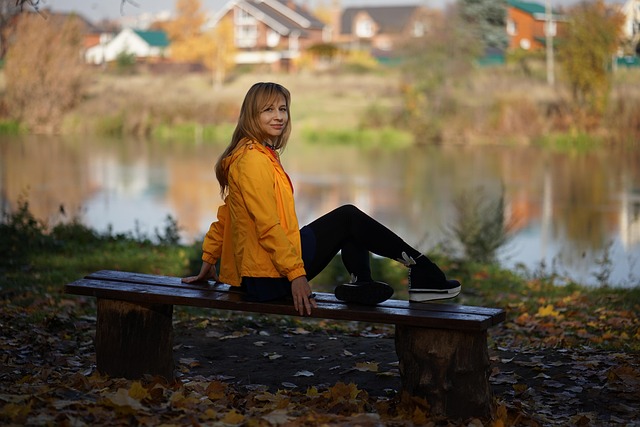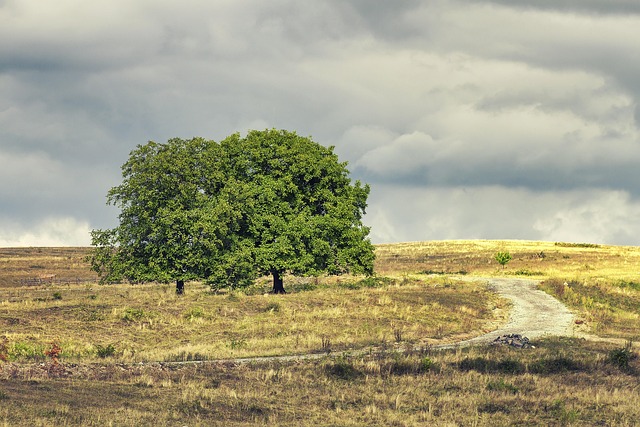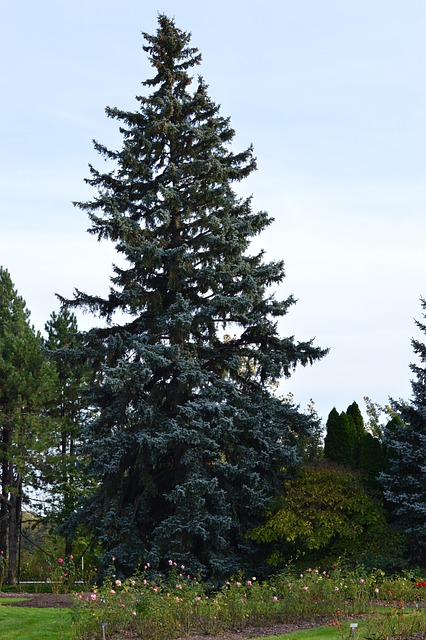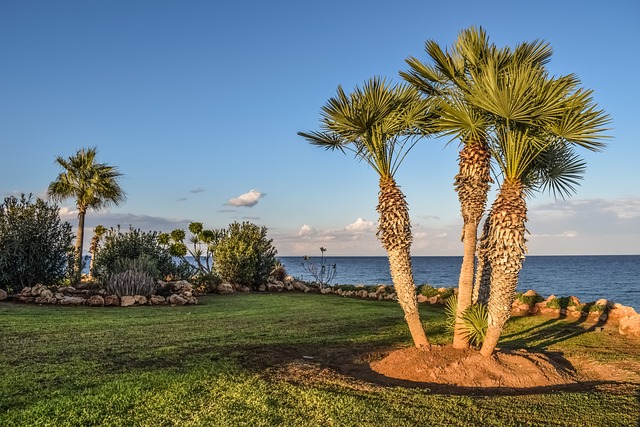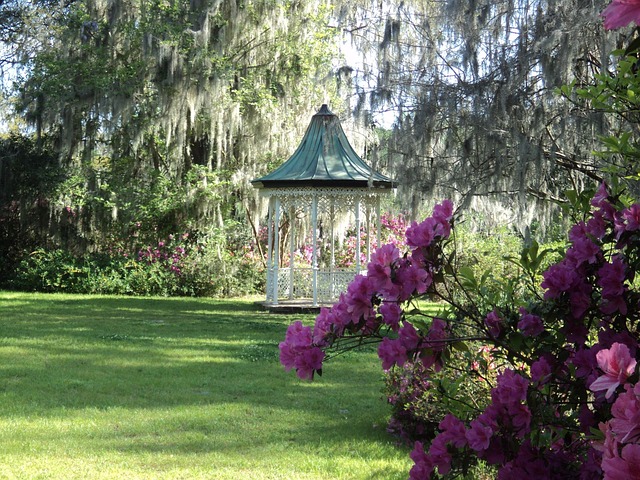In Portland, Oregon, sustainable landscaping is crucial due to urban density and unpredictable climate, which strain local resources and harm biodiversity. To address these issues, the city must adopt native plant species, integrate green infrastructure, and prioritize biodiversity in its landscape solutions. These tailored approaches reduce the carbon footprint, enhance air quality, mitigate urban heat islands, and foster community connection to nature, making Landscaping Portland OR a model for ecological harmony and urban resilience.
Portland, Oregon, faces a unique challenge—balancing its vibrant urban growth with environmental sustainability. As a city known for its green spaces and diverse flora, Portland is at the forefront of adopting sustainable landscaping practices. This article explores the need for eco-friendly solutions in the face of rapid urban development, delving into innovative techniques like water conservation and native plant integration. We also examine community engagement and government initiatives shaping the future of landscaping in Portland, OR.
- The Need for Sustainable Landscaping in Portland OR
- – Discussing the environmental challenges and urban growth of Portland
- – Benefits of sustainable landscaping practices
The Need for Sustainable Landscaping in Portland OR
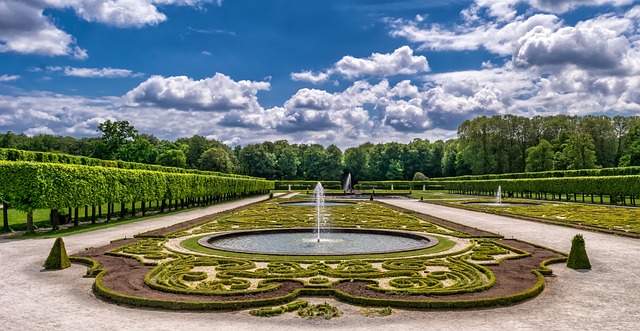
In Portland, Oregon, the need for sustainable landscaping is more pressing than ever due to the city’s unique challenges—a mix of urban density and a varied, often unpredictable climate. As the population grows, so does the demand for green spaces that can thrive under these conditions while minimizing environmental impact. Traditional landscaping practices often rely heavily on water-intensive plants and materials, contributing to strain on local resources. Moreover, they may not effectively address ecological issues such as habitat loss and biodiversity decline.
Portland’s sustainable landscape solutions must therefore be tailored to support both the city’s inhabitants and its natural environment. By adopting native plant species that require less maintenance and water, integrating green infrastructure like rain gardens and permeable surfaces, and prioritizing biodiversity, Landscaping Portland OR can become a model for urban resilience and ecological harmony. These practices not only reduce the carbon footprint but also enhance air quality, mitigate urban heat islands, and foster a more connected relationship between residents and their natural surroundings.
– Discussing the environmental challenges and urban growth of Portland
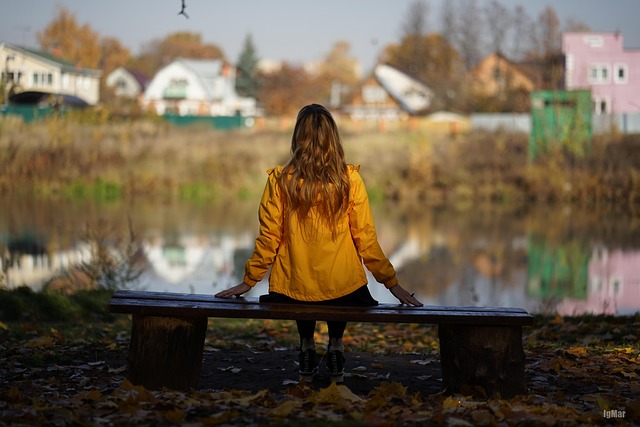
Portland, Oregon, known for its vibrant culture and progressive mindset, also faces significant environmental challenges as its urban area continues to grow. The city’s rapid expansion has put pressure on natural resources and led to concerns about water scarcity, habitat loss, and increased pollution levels. As a hub for both technology and outdoor enthusiasts, Portland is striving to balance its urban development with sustainable practices, making it a prime example of eco-friendly urban planning.
The region’s unique geography, characterized by lush forests and intricate waterways, has inspired innovative landscaping solutions in Portland OR. Local architects and designers are leveraging native plant species, green infrastructure, and water conservation techniques to create resilient urban landscapes. These efforts not only mitigate the environmental impact but also enhance the city’s overall livability, attracting both residents and visitors seeking a harmonious blend of nature and urban life.
– Benefits of sustainable landscaping practices

In Portland, OR, sustainable landscaping practices offer a multitude of benefits that extend far beyond aesthetics. By prioritizing eco-friendly approaches, residents and businesses can significantly reduce their environmental footprint. One of the primary advantages is water conservation; native plants and efficient irrigation systems minimize water usage, promoting a greener, more drought-resilient city. Moreover, these practices foster biodiversity by creating habitats for local wildlife, enhancing Portland’s already rich natural environment.
Sustainable landscaping also contributes to improved air quality and reduced greenhouse gas emissions. Strategically placed trees and green spaces act as natural filters, absorbing pollutants and carbon dioxide. Additionally, these landscapes encourage active lifestyles, providing residents with more opportunities for outdoor recreation and fostering a deeper connection with nature right in their own communities.
As Portland, OR continues to grow and face environmental challenges, adopting sustainable landscaping solutions becomes increasingly vital. By integrating eco-friendly practices, we can enhance the city’s biodiversity, reduce water consumption, and mitigate climate change impacts. Embracing these strategies not only benefits the local ecosystem but also transforms Portland into a greener, more livable metropolis, ensuring a bright future for both its residents and the environment. Sustainable landscaping in Portland OR is more than just a trend—it’s a necessary step towards a vibrant and resilient urban landscape.
